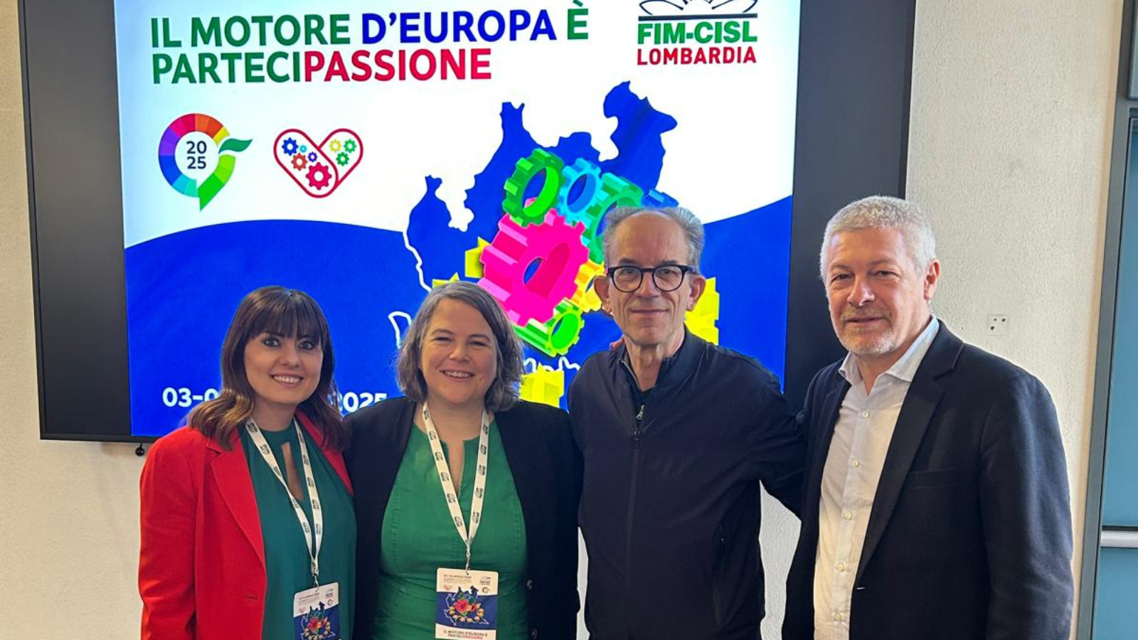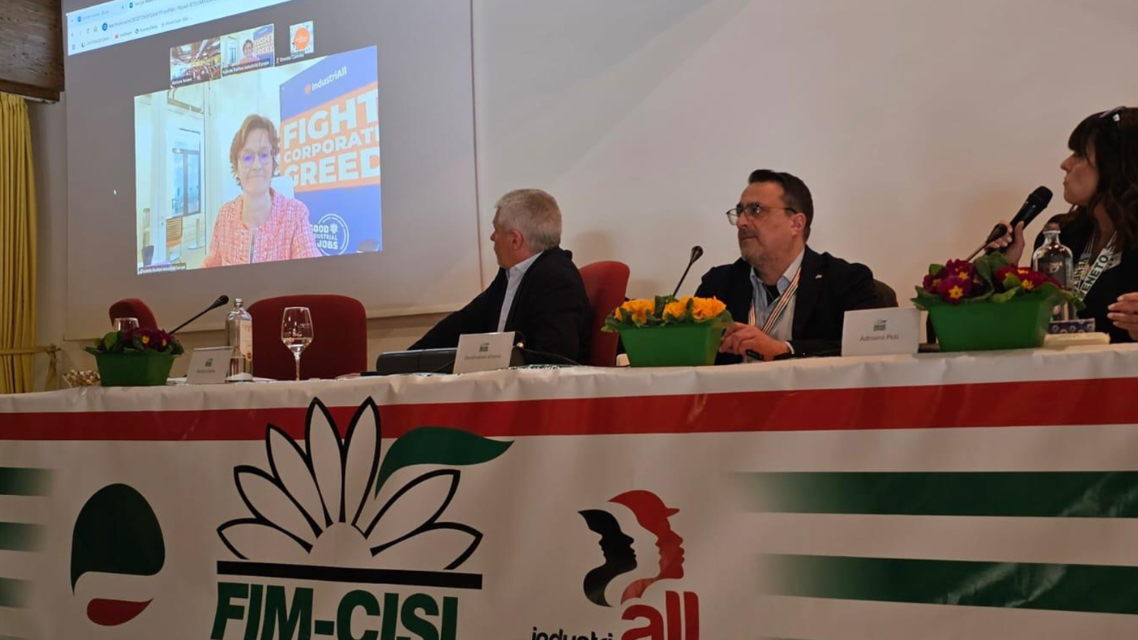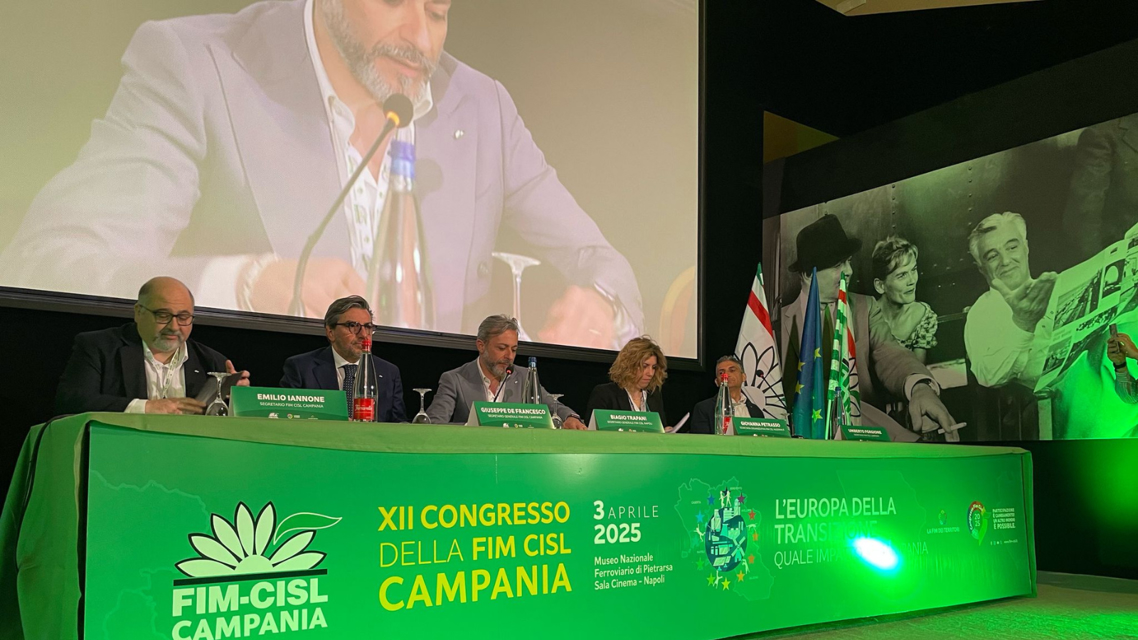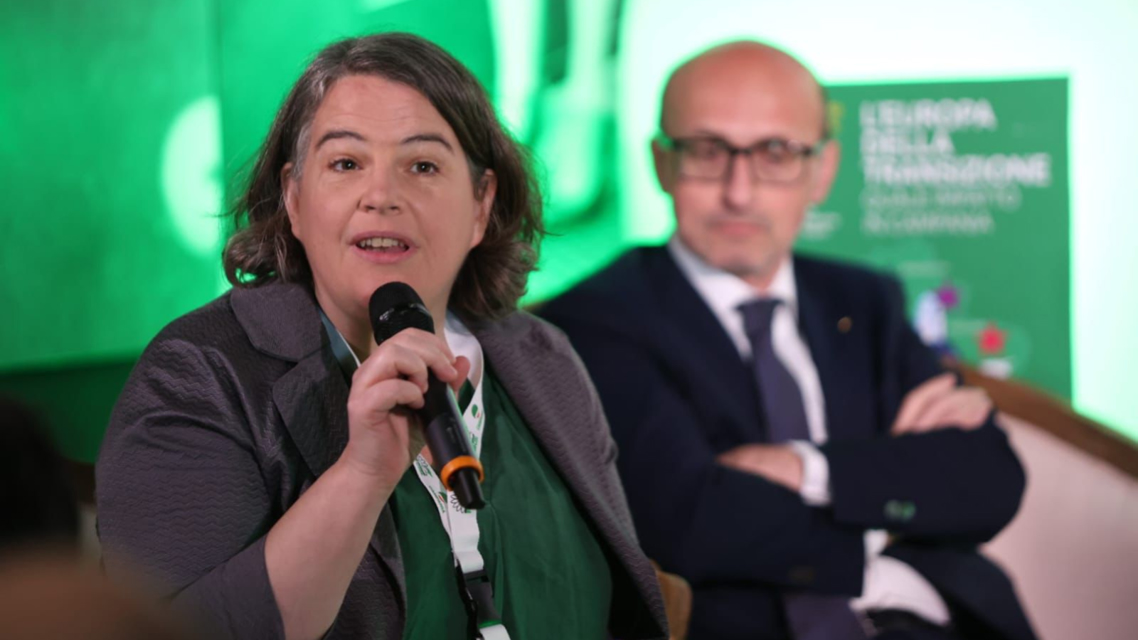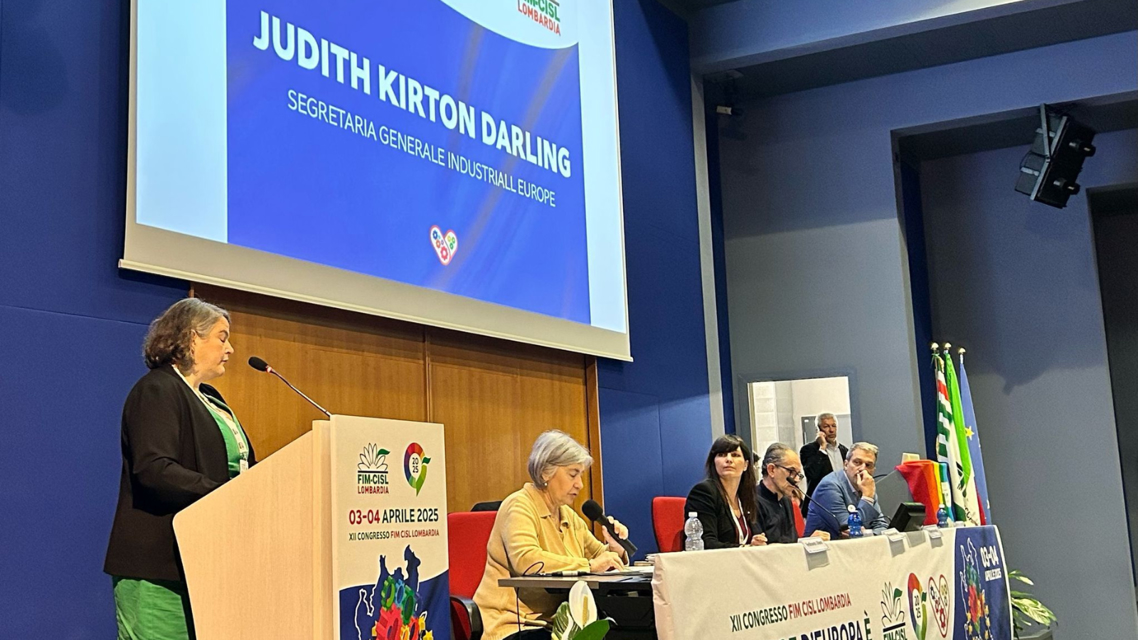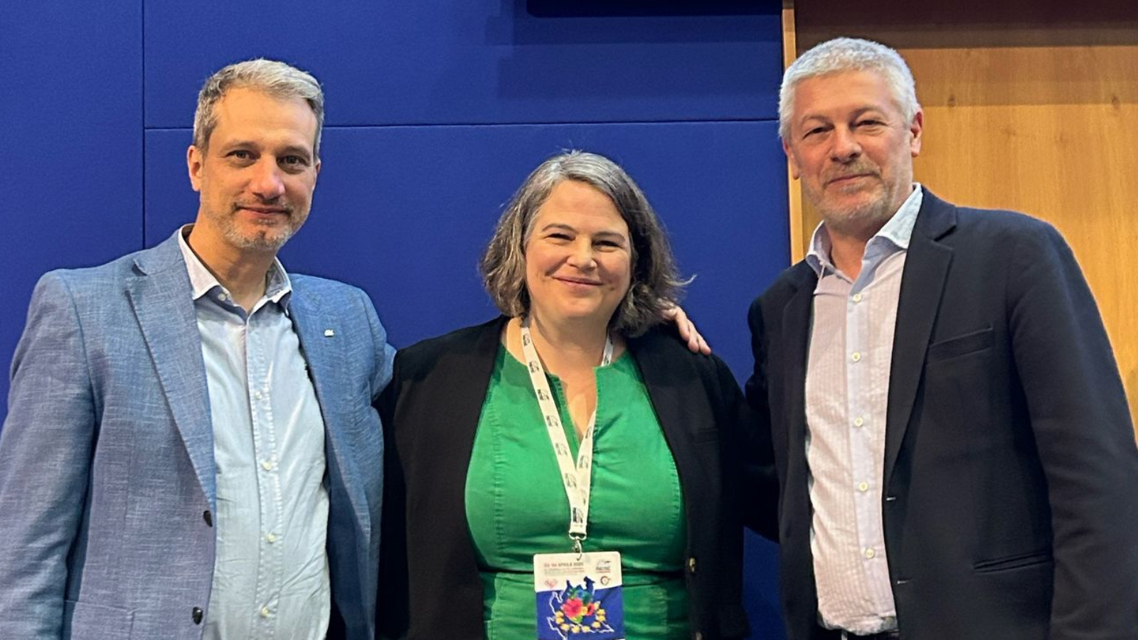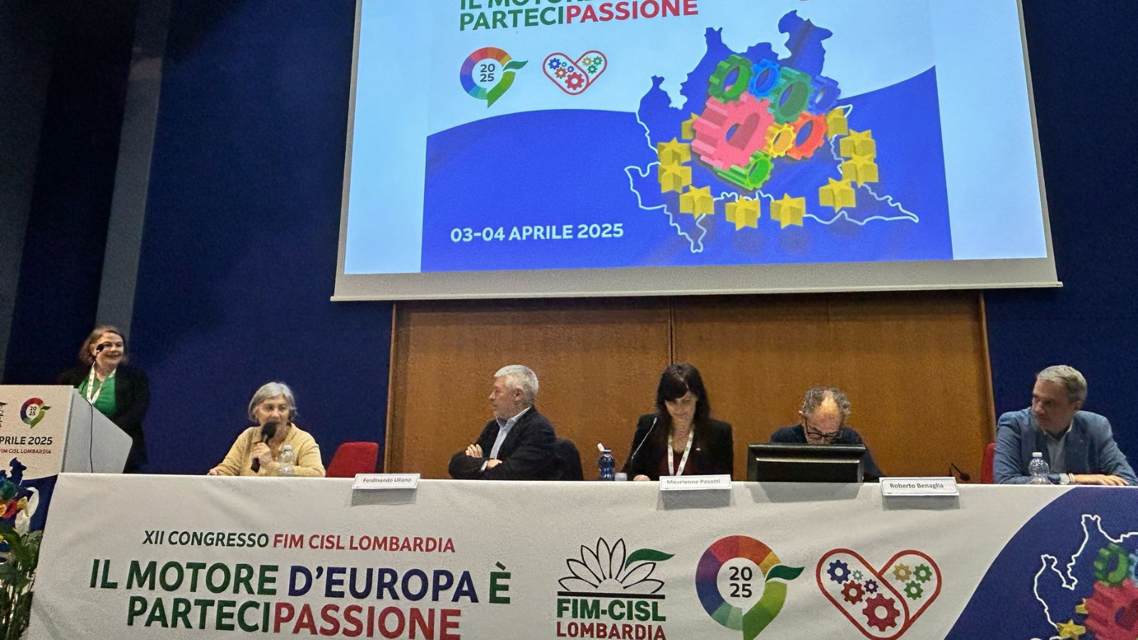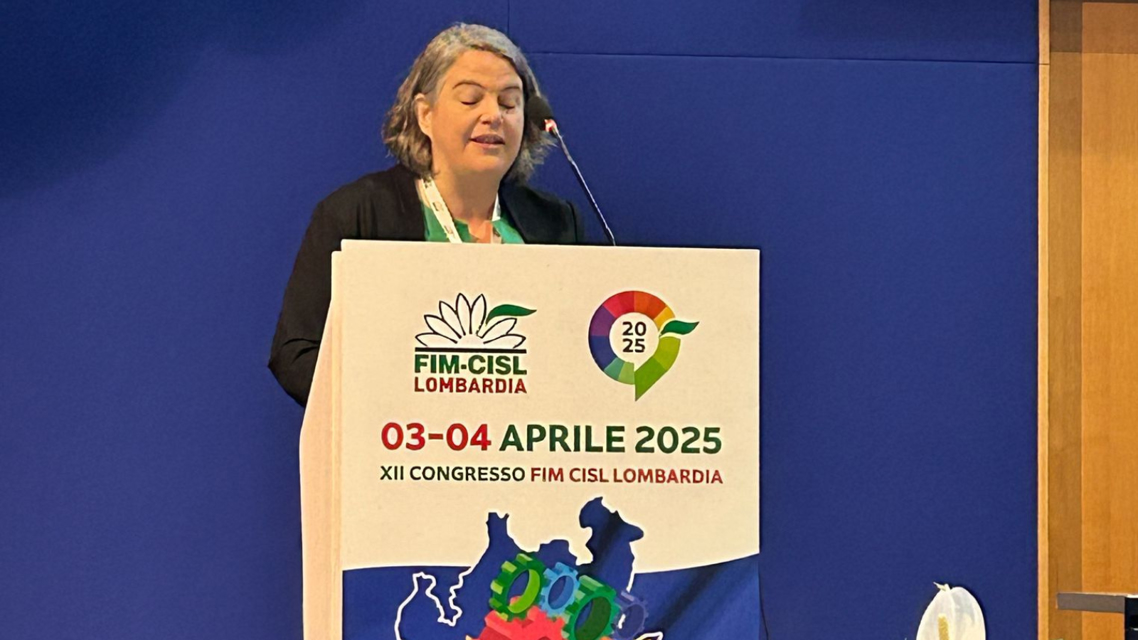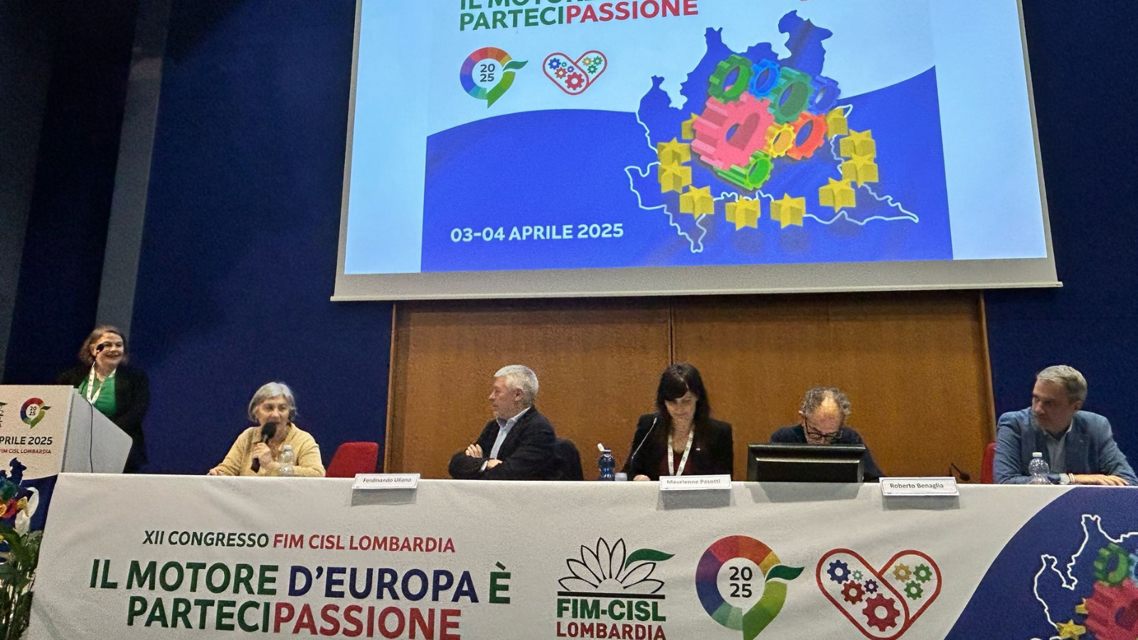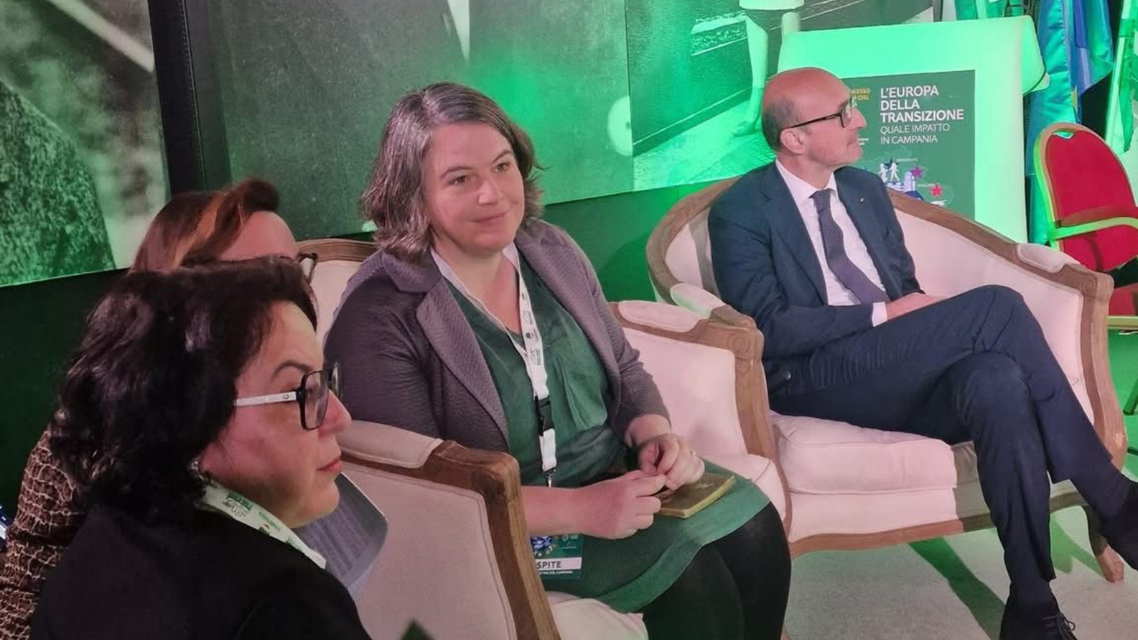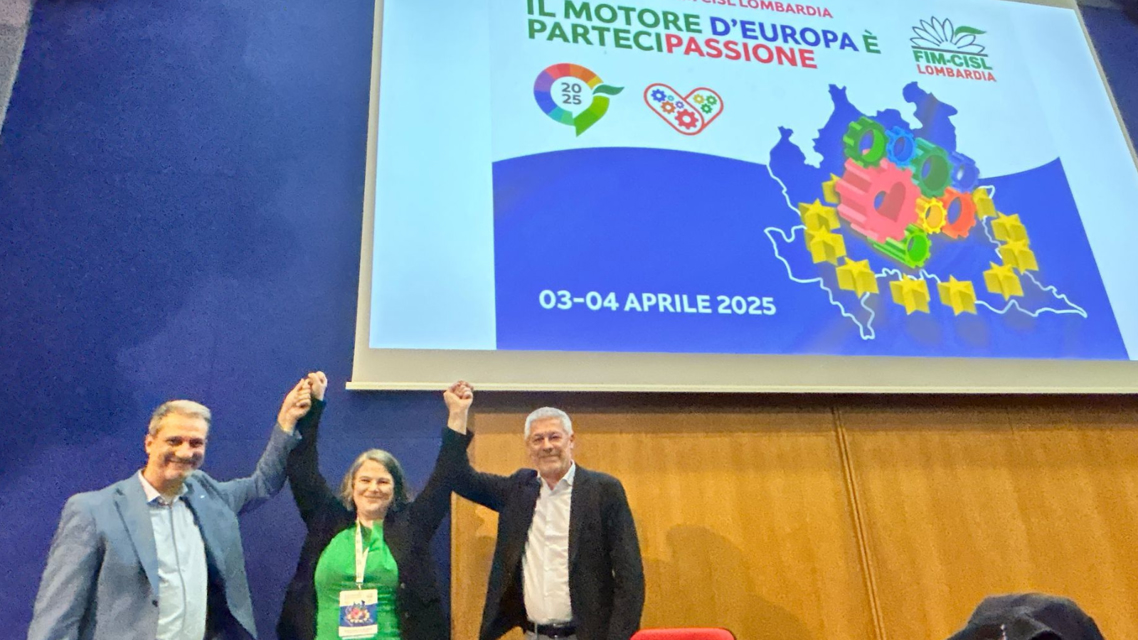Across Europe, workers in industrial sectors are grappling daily with harsh realities: restructuring, factory closures, delayed investment, and reduced demand driven by austerity measures and the cost-of-living crisis.
By any standard, Europe’s industrial base is experiencing extraordinary pressures: strategic dependencies on components and energy, heightened tensions across the Atlantic, and the demands of a massive economic transformation.
Meanwhile, we see some multinationals pursuing profit maximisation strategies – squeezing workers even further and stripping value out of our industries through excessive dividends and share buyback schemes.
“The role that FIM, together with FIOM and UILM, have played, in calling for a united European response to this reality, has been crucial. At the united request of the three unions – on the 5th of February this year, 6000 workers came to Brussels from north, south, east, and west Europe, with a united call: it’s time to act. To act for Good Industrial Jobs. And your flags and vests were highly visible.”
“The united approach from the Italian metal unions to tackle the challenges we face is an example for others. We stand in full solidarity with your united strikes for the renewal of the Italian sectoral collective agreement, mostly recently last week”, says Judith Kirton-Darling.
The FIM CSIL Congress places the emphasis on the importance of participation, of bargaining, of taking responsibility for our own destiny. This is the most fundamental of our shared values: that workplace democracy is the bedrock of social stability and peace.
Yesterday’s failed recipes of austerity, labour-market flexibility and privatisation will only exacerbate the problems we face. Investment and industrial democracy are antidotes to our economic instability. Europe needs an industrial policy fit for the challenges of our time, bound with social conditionalities on all public funding and procurement that ensure the maintenance and creation of good quality jobs and worker participation from plant to international levels.
Fortunately, another way is possible.
“A strong and united trade union movement is a prerequisite. The Italian metal agreement is the second-largest agreement within the domain of industriAll Europe. The Italian unions’ capacity to respond to the challenges they face and to find innovative solutions through a collective approach is a model”, says Isabelle Barthès.
In just under three months’ time, industriAll Europe will hold its Congress in Budapest in June. The theme is ‘Uniting for an industriAll future’, and our draft work plan for the next four years will focus on how we will build trade union power for strong and sustainable industries, for fair wages and better working conditions, for solidarity and peace, and to ensure union renewal. These are all themes on unions’ agendas today and in the coming months.
A new social contract is urgently needed between governments and industry, and it must bring dividends for working people, giving them a stake in decision-making as masters of their own destiny.
This is how we defend democracy at the workplace, in our societies and globally, and we are the generation who must step up in this struggle.
Read the FIM CISL Lombardia speech by Judith Kirton-Darling here
